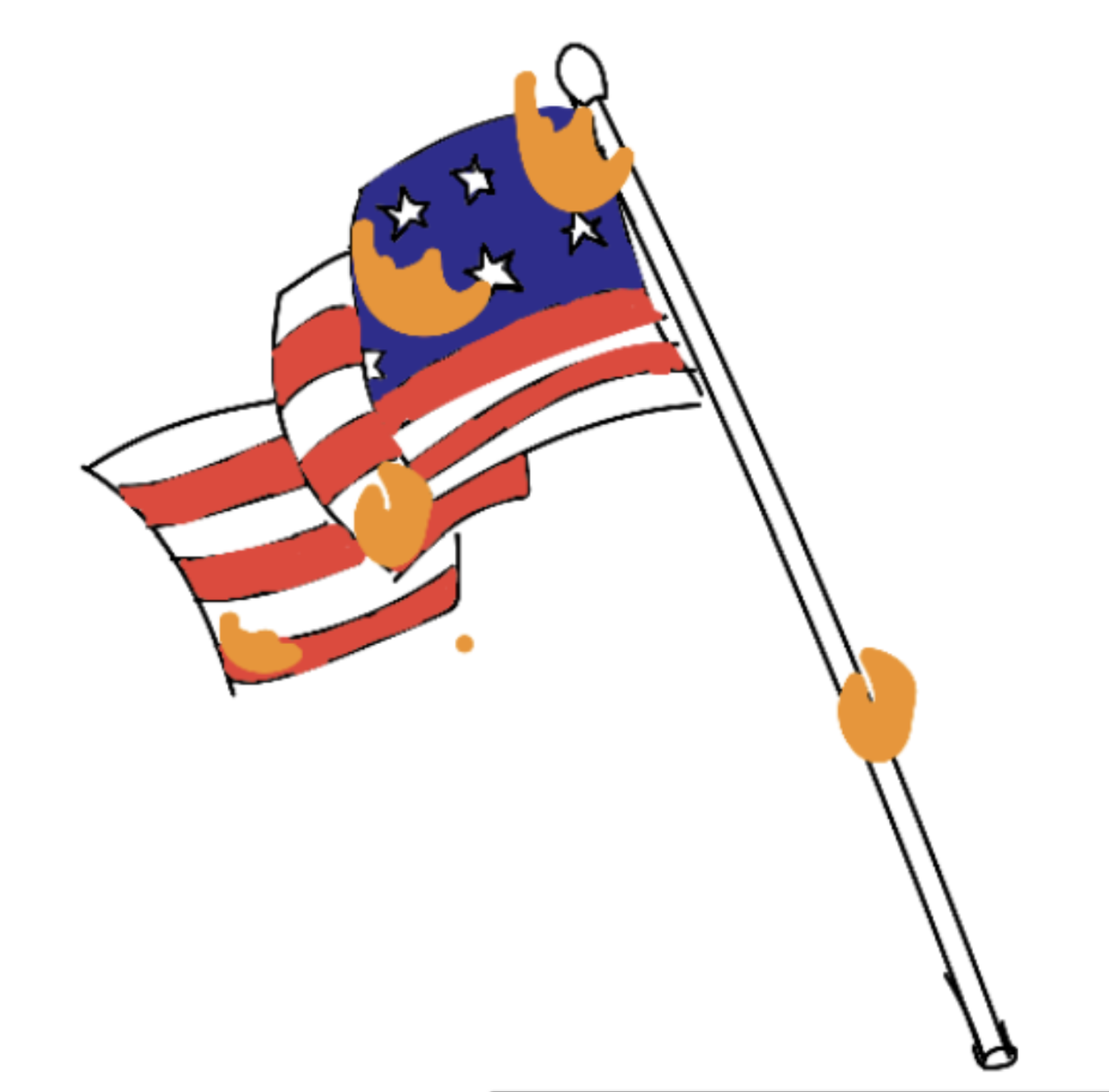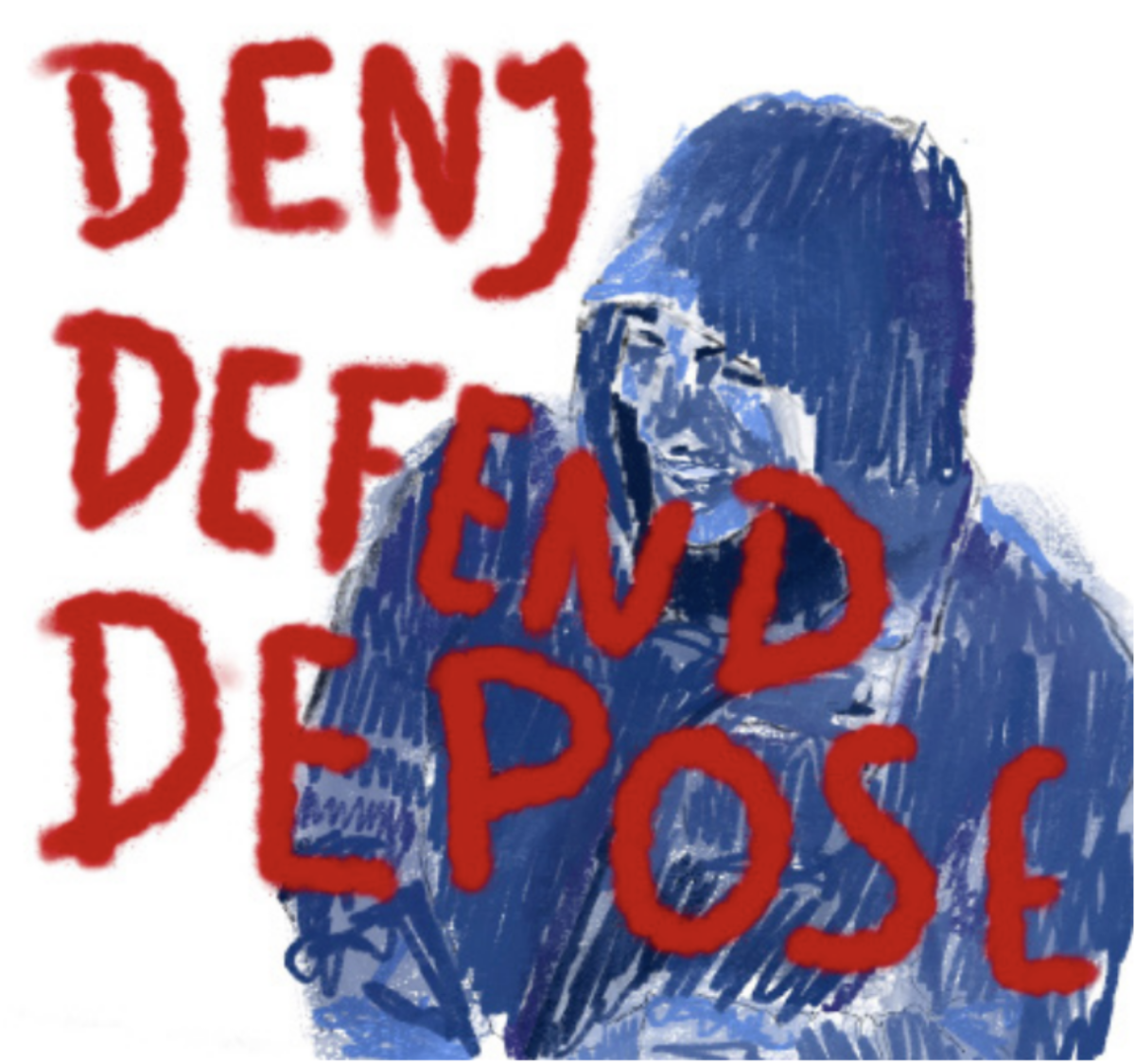Welcome to Is It Legal, the only article where you can find out what the U.S Supreme Court should deem legal or illegal!
First, we have “Establishment of the Religious Liberty Commission,” the long-awaited, but entirely unnecessary, sequel to Trump’s 2017 executive order titled “Promoting Free Speech and Religious Liberty,” which had the IRS weaken constraints on churches promoting political candidates; this only ended up affecting Trump’s people positively.
In section one of the registration for “Establishment of the Religious Liberty Commission,” the bill says, “The principle of religious liberty was enshrined in American law with the First Amendment to the Constitution in 1791. Since that time, the Constitution has protected the fundamental right to religious liberty as Americans’ first freedom.” So in this context, Trump decided to use the same constitution that he is violating to justify the establishment of the “Religious Liberty Commission.”
In the following paragraph Trump says “These [Joe Biden’s] policies attempt to infringe upon longstanding conscience protections, prevent parents from sending their children to religious schools” Which is false, what Trump may have been referring to is when Biden blocked federal funding to religious private schools, which protected U.S. Constitution values by preventing the unification of church and state. Now, let’s examine what the First Amendment states about religious freedom and theocracy. First sentence of Article One of the U.S. Bill of Rights: “Congress shall make no law respecting an establishment of religion.” Well, this executive order certainly sounds like a plot to respect the establishment of a religion. So our verdict here is….. Illegal! This is because of the exact wording of the order that Trump signed. Round one over.
Round 2, “Ending Taxpayer Subsidization of Biased Media” is a bill that Trump signed removing funding for PBS and NPR, both popular centrist media outlets in the U.S. PBS states that the only requirement for becoming a newscaster is having a degree in journalism, unlike some other news stations which require you to write under a political bias, PBS does not do that. Here is a (false) statement from The White House’s Fact Statement, “NPR and PBS have fueled partisan-ship and left-wing propaganda with taxpayer dollars.” This is evidence used by Trump to shut government funding of PBS and NPR to the “legal limit”. With this information, the verdict is….. Legal! Although this order is legal under United States law, it raises concerns about the freedom of speech under the U.S. Constitution, as it limits news options and press freedom in the U.S.
Our next and final round, Round 3! Reinstating “Commonsense School Discipline Policies,” which called for the regulations regarding racial discrimination in schools based on the Dear Colleague letter of January 8th, 2014, jointly issued by the Justice Department and The Department of Education, called for all public and private schools in the U.S. to not discipline students on racial bias.
The executive order rescinded this letter citing that “The letter effectively required schools to discriminate on the basis of race by imposing discipline based on racial characteristics, rather than on objective behavior alone.” a 2018 report from the Commission of School Safety suggested that the 2014 letter may have inadvertently led schools to overlook or downplay student misconduct to avoid potential federal scrutiny over racial disparities in discipline.
This report followed the tragic 2018 Parkland High incident where a 26-year-old male opened fire on students and staff at Marjory Stoneman Douglas High School. Looking at the perpetrator’s motive, brain damage from Fetal Alcohol Syndrome, it became clear that the report was unfit for this situation, the order claims that racial bias and discrimination regarding the rules in the school was to blame for the incident when the perpetrator was a majority white student and was in higher social groups. This order is part of a string of Trump’s anti-DEI campaign, and after he shut DEI down, orders like this became all the more common and became legal. If this order had occurred six months ago, it would have been illegal; however, due to the shutdown of DEI, this order is now legal.
In conclusion, after Trump’s first term, he is pretty much above the law. Despite the numerous crimes he has committed, he has never spent a single day behind bars. He has avoided punishment after receiving an “unconditional discharge,” a sentence that affirms he’s a convicted felon but one that carries no further penalties. The government seems reluctant to take action against him because they can’t stop him without incurring outcry from his allies. To avoid a repeat of January 6th, the U.S. Government can’t do much to stop him other than block policy and law proposals. No matter how legal his orders are, he won’t be charged or face punishment.





